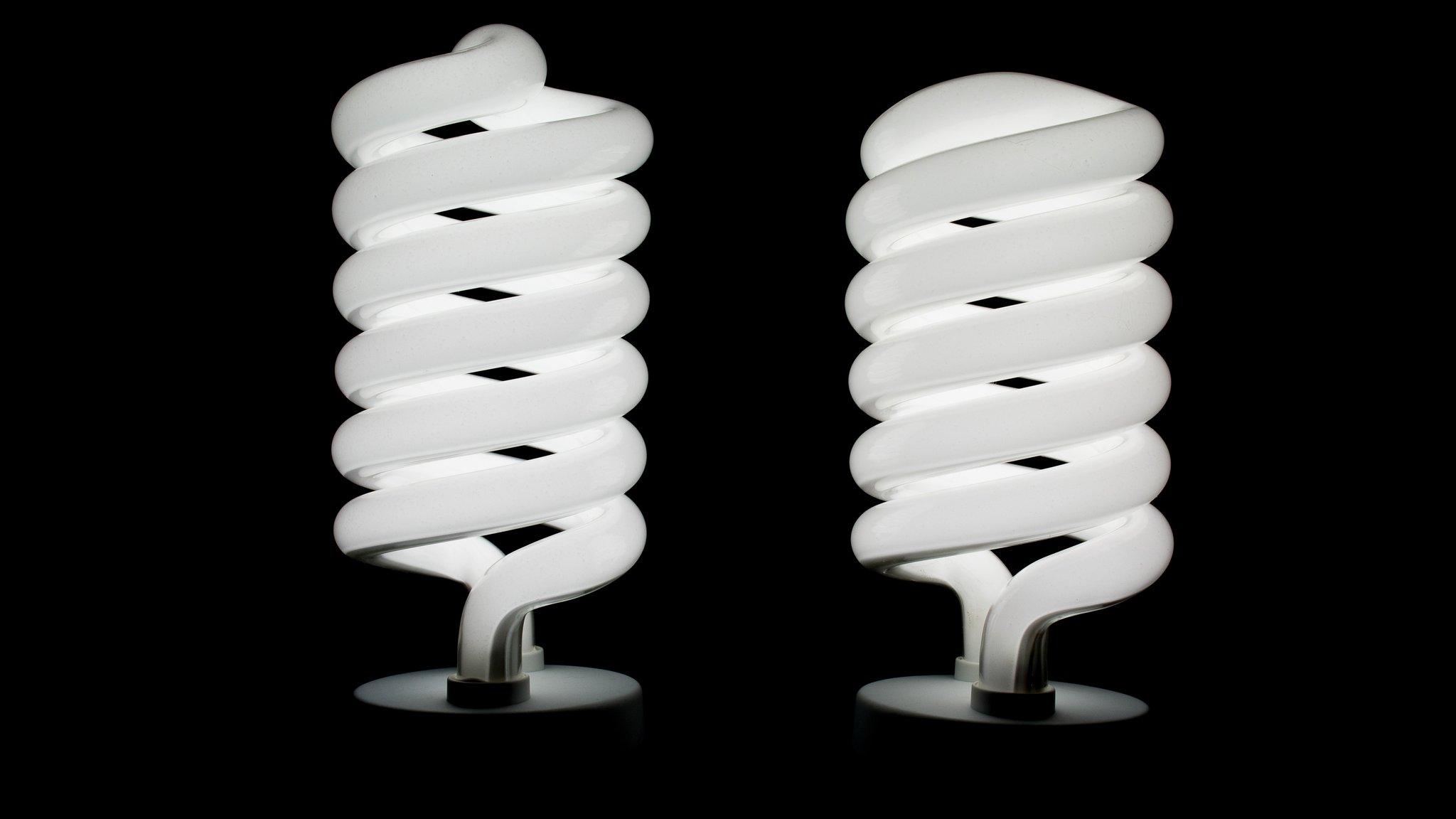Price comparison sites given thumbs up by regulator
- Published

The regulator's update says there is no need for a full-scale market investigation
Price comparison websites and apps bring "substantial benefits" to consumers, says the Competition and Markets Authority (CMA).
It launched a study of digital comparison tools (DCTs) last September, to see how they could be improved.
The CMA's research found that users of DCTs reported a high level of "trust and satisfaction".
But it still found possible flaws, such as websites failing to make clear they might not cover the whole of a market.
Despite that, the regulator's interim update says there is no need for a full-scale market investigation.
"Overall DCT users think these tools work well, making it easier to make informed choices and save money," said the CMA.
"Although DCTs are still a relatively new way of purchasing, the survey indicates that consumers are generally confident in the way they use them, and many use more than one site."
The CMA's study was started in September 2016 and will report at the end of September this year.
Satisfied users
The study's aim is to better understand how people use price comparison websites, apps and switching services.
The regulator believes price comparison websites, apps and switching services could offer even greater benefits to consumers than they do now.
Apart from energy, it is looking at other sectors of the economy such as insurance, banking, phone and broadband services, and airline flights.
A key feature of the research so far has been a survey of 4,000 consumers, to see what they thought of the switching services on offer, as well as a mystery shopping project and a review of the price comparison websites themselves.
The survey found that 85% of internet users have used a DCT at some point, with most saying they have used more than one of them to shop around.
However, very few people - only 11% - believed that they had been shown all the possible deals that might be on offer.
Despite this apparent flaw, most people - 90% - said they were still happy with the DCTs they had used, and many said they had been able to make a better choice as a result of using the services.
Room for improvement
The CMA pin-pointed some possible problems with the price comparison industry, which may lead to recommendations for improvement being published later this year.
Among them are:
the need for more transparency about which deals are offered and how they are ranked
the need for greater clarity for customers on how their personal information is stored and used
ensuring that more accurate information, particularly on price, is provided by the services being compared
and whether it is reasonable for DCTs and suppliers to agree between themselves that a service or product will not be sold more cheaply on a supplier's own website.
The launch of the CMA's study was greeted at the time with some surprise from consumer groups and some small energy suppliers.
They complained that only a few months earlier, in June 2016, a full-scale inquiry into the UK's energy market by the CMA had "turned the clock back" by deciding that price comparison websites should no longer be obliged to show deals on which they did not earn a commission.
- Published29 September 2016

- Published21 July 2016

- Published5 July 2016
